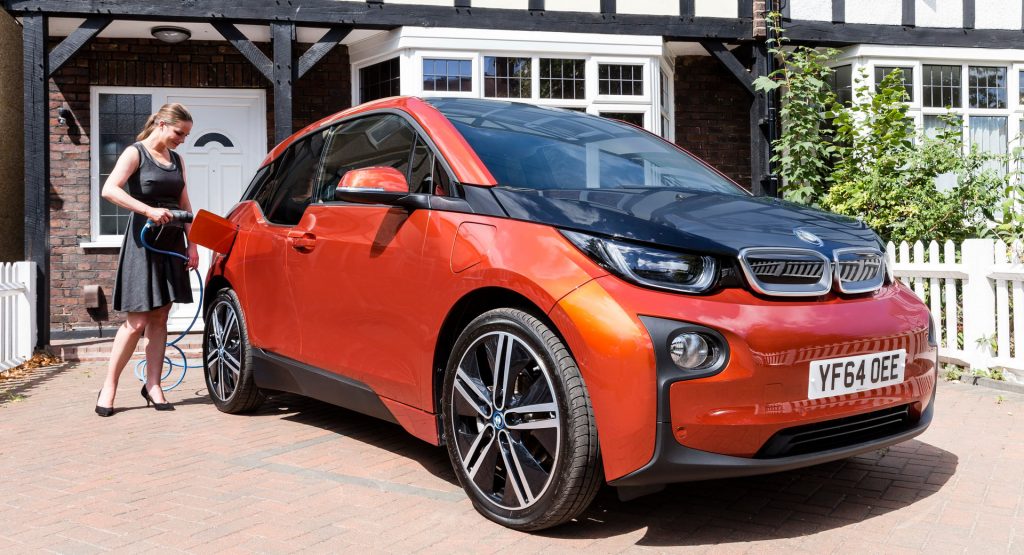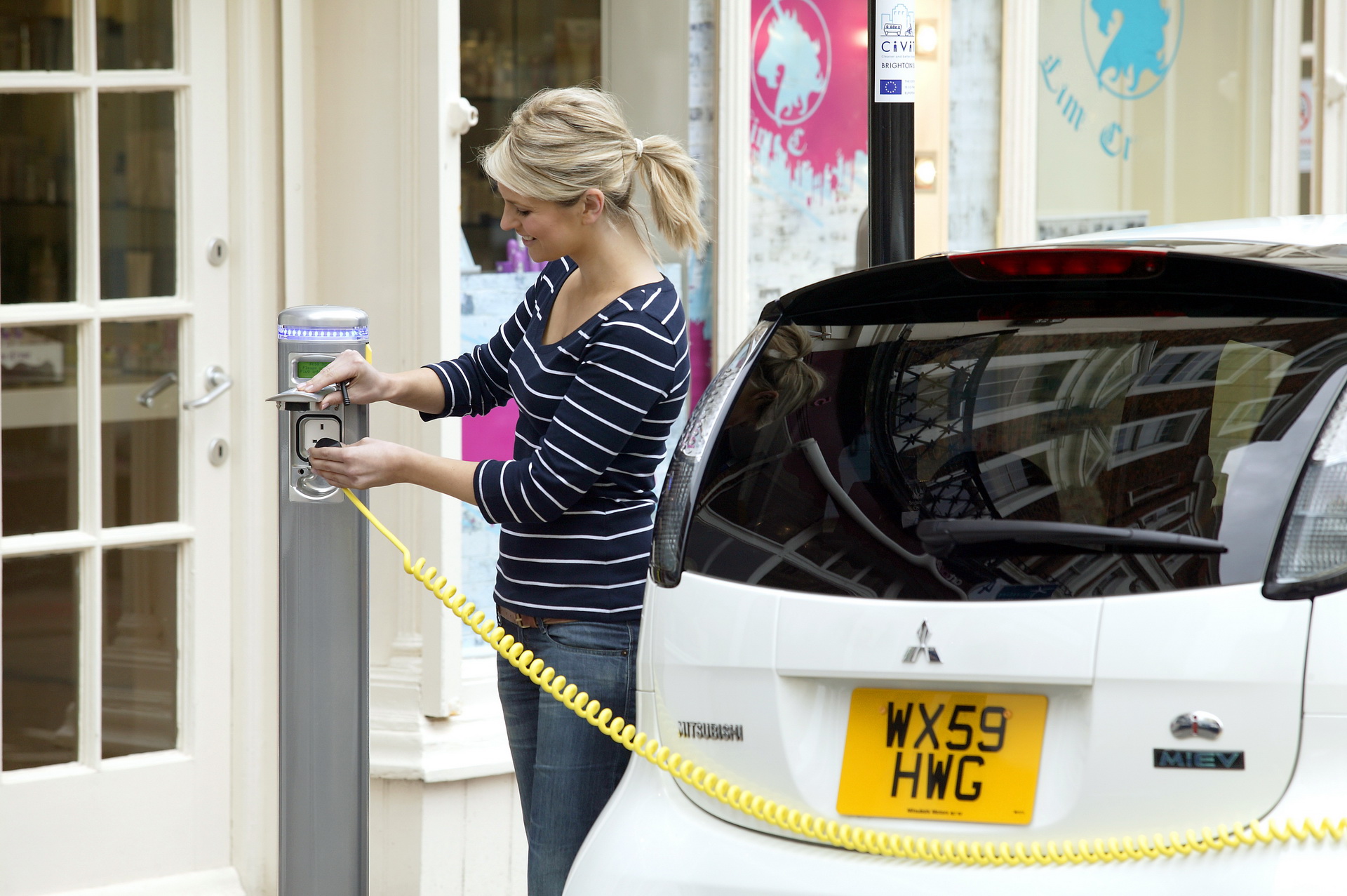The European Commission is considering a large economic stimulus package that could include 20 billion euros ($22 billion) aimed at consumers as incentives to buy eco-friendly vehicles. The overall package could be worth as much as 100 billion euros ($110 billion).
Details of these subsidies have not yet been finalized, according to German paper Sueddeutsche Zeitung, as there are still disagreements regarding how to define “clean cars”.
Meanwhile, the German transport ministry is pushing to include cars that emit 140 grams per km in the package, which is far beyond the 2021 fleet emissions target of 95 g/km. This would mean that for example, someone buying a VW Tiguan with a 148 HP engine would get to qualify for a subsidy.
Read: Electric Mazda MX-30 Enters Production In Japan, Will Reach Europe In Autumn
Such a thing would be “completely unacceptable,” according to Stef Cornelis of the Brussels-based lobby group Transport & Environment, with others criticizing the German proposal too, saying it would hurt carmakers instead of helping them when it comes to hitting CO2 emissions targets.
German Chancellor Angela Merkel made it clear that any economic stimulus package must also aim to protect the climate, with European Commission president Ursula von der Leyen mirroring those sentiments, saying: “If it is necessary to increase our debt, which our children will then inherit, then at the very least, we must use that money to invest in their future by addressing climate change, reducing the climate impact and not adding to it.”
Part of the EU’s plan is to also accelerate the development of new alternative drivetrains to cut emissions from road transport, with funds also going towards building 2 million public charging stations for EVs by 2025.
A spokeswoman for the Commission told Autonews Europe that a new “Marshall Plan” to underpin an economic recovery will be presented on May 27.




